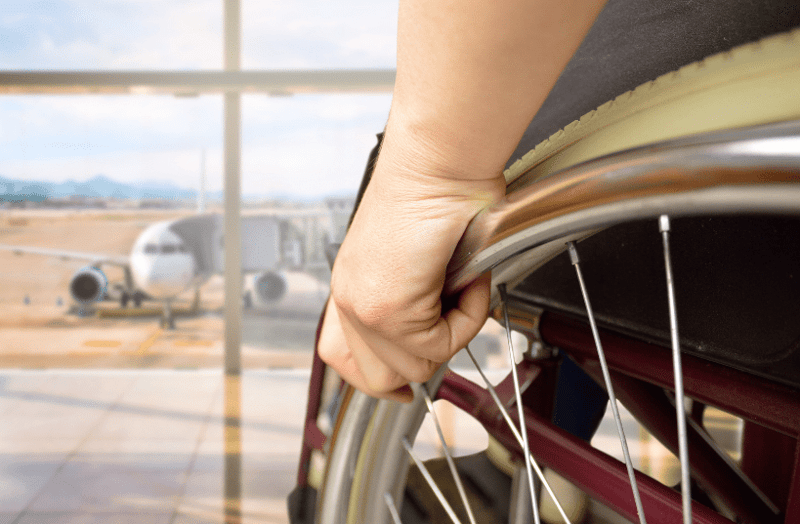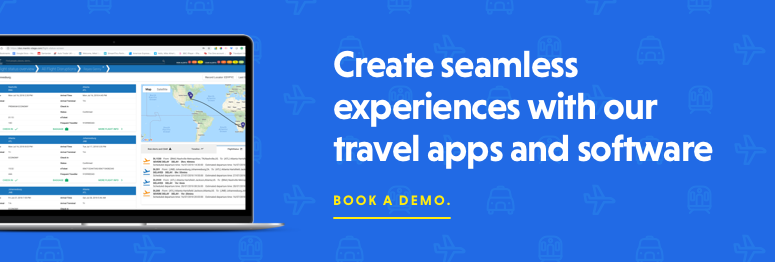How Can Corporate Travel Better Adapt For People With Disabilities?
Posted by Mike Atherton on 12 October, 2023

People with disabilities and mobility challenges, both seen and unseen, comprise a considerable part of the global population, many of whom travel for business. Yet, we frequently see that their travel needs are not fully met, urging firms to rethink their strategies.
Understanding The Scale Of The Problem
Over 61 million Americans live with some type of disability, according to the U.S. Centers for Disease Control and Prevention. Many are business travelers, highlighting a serious need for better travel services. Sadly, the Americans with Disabilities Act only requires hotels to have one roll-in shower room for every hundred rooms. This clearly isn't enough for travelers needing such facilities.
Moreover, 14% of adults have mobility issues, and 11% live with cognitive conditions that could make air travel tricky. Flight delays, gate changes, or navigating big airports can be overwhelming. So, the question is: how can businesses make sure their travel policies meet these needs?
The Current State of Business Travel For Those With Disabilities
Surveys show that over a third of travel managers don't know if their organizations have travelers with mobility issues. Sixty percent say they're not ready to handle physical and neurological health needs well. This might explain why over two-thirds of buyers rate their travel programs as 'poor to average' in serving these travelers.
Imagine a business traveler who needs a roll-in shower room. What happens when all these rooms at the company's chosen hotel are booked? Or consider a traveler with a cognitive condition who finds airport navigation hard. Should the company pay more for a direct flight to make things easier for them?
Challenges In The Business Travel Experience For People With Disabilities
A traveler with disabilities often faces many hurdles trying to follow a company's travel policy. Getting a policy exception for every trip can be stressful. Booking a flight or hotel, getting approval, and possibly asking for another exception due to higher costs when filing an expense report—these steps are more than just inconvenient; they create a poor travel experience.
Strategies For Improving Business Travel
Business travel can improve a lot by adopting a few strategies. Firstly, working with HR, legal, and diversity and inclusion teams can help create solid plans to serve diverse travelers. When the entire company collaborates, it is easier to ensure these travelers are cared for throughout their journey, not just when an issue arises.
Also, more companies can be proactive in caring for travelers. For example, having a straightforward program and process for travelers to share their conditions and plan for their travel needs is a big step forward. Even with privacy concerns, such processes, handled with respect, can significantly improve the travel experience for people with disabilities.
The Urgency To Revamp Business Travel For Those With Disabilities
There's an urgent need to modify business travel to better support diverse travelers. This requires a proactive, strategic approach. By understanding the scope of the problem, acknowledging the current state of business travel, and pinpointing the pain points in the travel experience, businesses can start making steps towards a more inclusive future.
Image source: Canva


